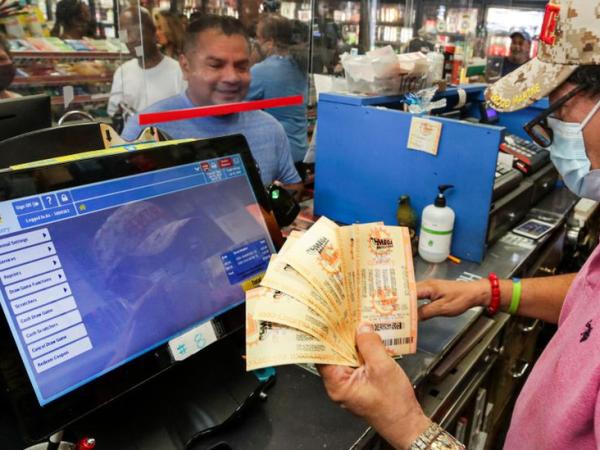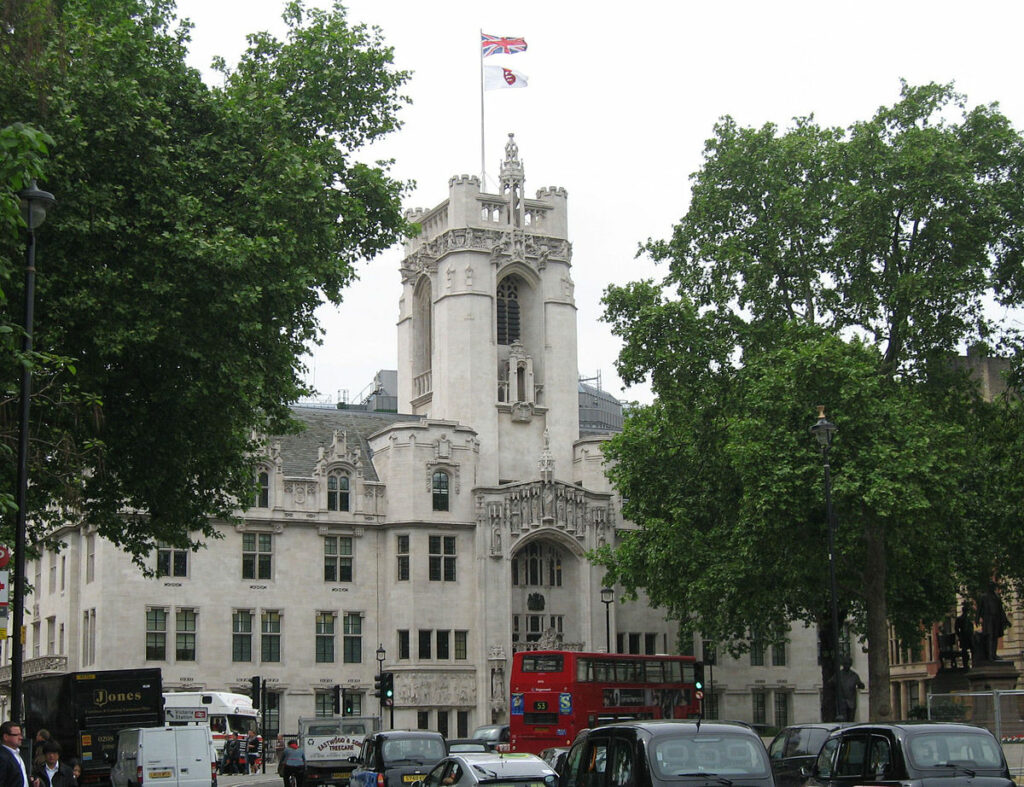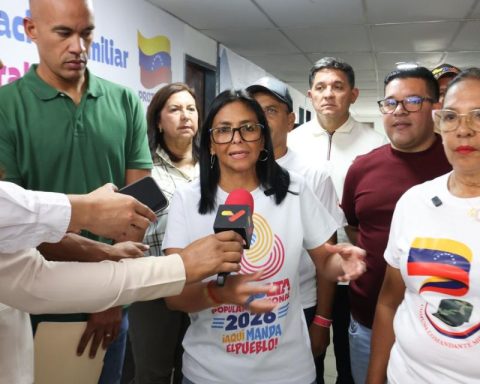The Mega Millions lottery jackpot increased again to reach $1.35 billion, after no winner walked away with the prize last Tuesday night.
This is the second largest jackpot in US history and comes just a few months after a record $2.04 billion jackpot was hit in California in the Powerball lottery.
It is not the only country in the world with large prizes. Many other countries also have lotteries, but in the United States prize records are continually being broken.
Why are they so big? Jonathan Cohen, author of the book “For a Dollar and a Dream: State Lotteries in Modern America” (For a Dollar and a Dream: State Lotteries in Modern America), explains this phenomenon to the BBC.
At first, each state had its own lottery.
Multistate lottery associations grew out of the frustration of states with smaller populations, Cohen explains. They got tired of residents buying a ticket across the state line into bigger states, which had bigger potential jackpots.
Illinois, for example, has a much larger population than Iowa and therefore more lottery players. If no one wins, the pot rolls over. In Iowa there are fewer people buying tickets, because they can cross the border to Illinois, where the jackpot is bigger.
As a result, the states began to unite in the 1980s and this became known as the national lottery. Powerball and Mega Millions are now played in 45 states, which explains why the prizes can be so big.
The size of the United States is not the only reason for the big prizes. The rules of the game have also changed over the years.
“Lottery commissions and multi-state games have been reducing the odds of winning to increase the likelihood that prizes will accumulate and increase,” Cohen explains.
Far from what one might think, it turns out that people who play the lottery do not necessarily care about having better chances of winning the prize. The important thing is to be able to win the more millions the better.
“People don’t distinguish between a 4 million, 40 million or 400 million chance of winning, but they do distinguish between a 4 million, 40 million or 400 million jackpot,” says Cohen.
Likewise, Cohen points out that the proliferation of billionaires has changed the criteria of wealth.
“The lottery has become one of the only ways to get a billion dollars. That’s why it inspires so much culture fever now, even though the odds are much worse than they used to be,” Cohen explains.
According to Mega Millions spokeswoman Danielle Frizzi-Bab, the “current game basis” for winning went into effect in 2017, adding that the latest jackpot spins have been helped by “consumer interest around the holidays.”
“Interest rates, which influence the pot that can be sustained, played a minor role,” he added.
The American fondness for the lottery is due, to some extent, to the media frenzy that a big and growing jackpot can generate.
There’s an element of cultural participation “where people feel like they’re missing out if they don’t buy a ticket,” says Cohen.
Of those interviewed in his book, many had not even thought about playing the lottery until they saw on the news that it had hit a big jackpot.
If no winner turns up, the money is transferred to the next draw and added to the jackpot amount. This means more media attention and probably more players.
Now you can receive notifications from BBC News World. Download the new version of our app and activate them so you don’t miss out on our best content.
















